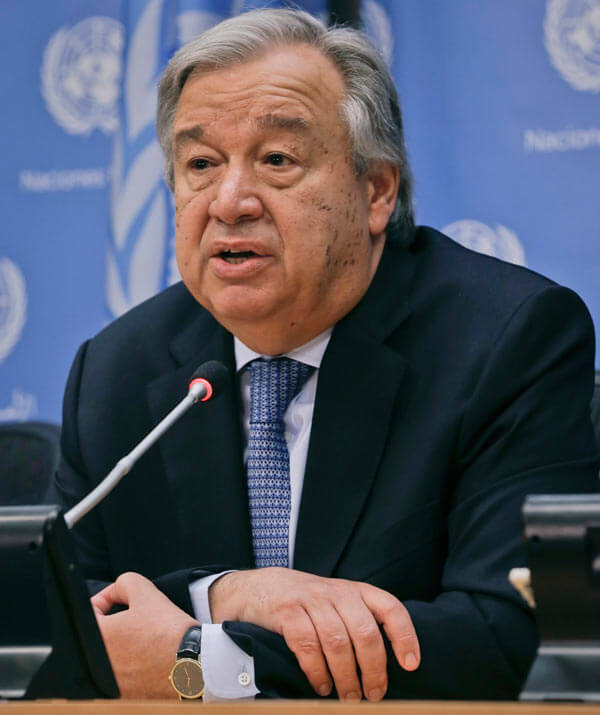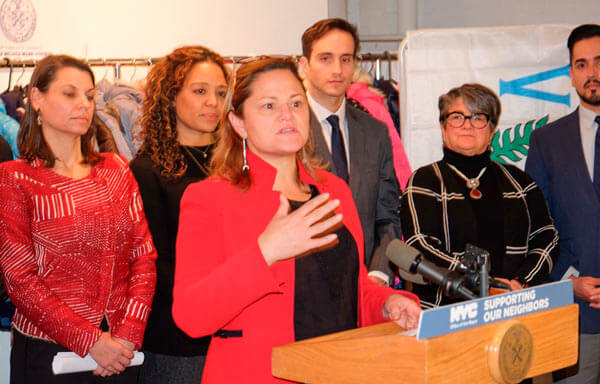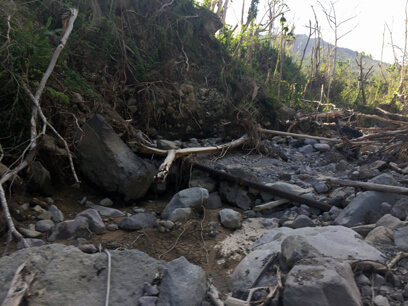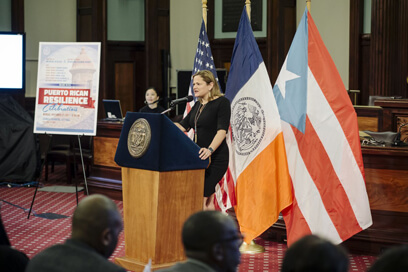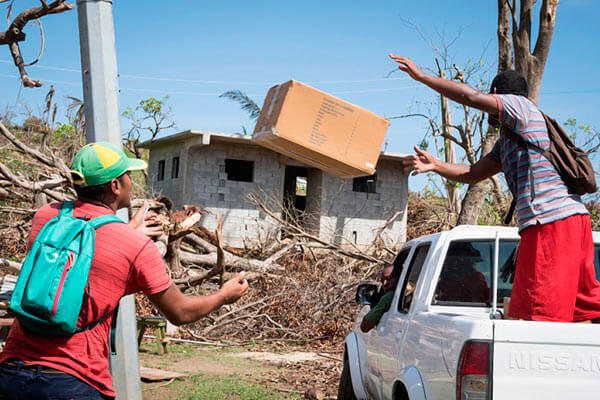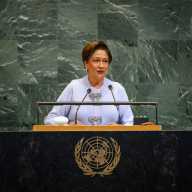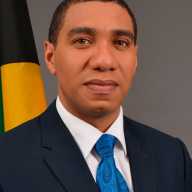Secretary-General of the United Nations, António Guterres voiced his sadness at the destruction caused across the Caribbean region by Hurricane Maria stating “where many islands are already working to respond to the devastation and suffering arising from Hurricane Irma earlier this month.”
The SG said Hurricane Irma left a wake of destruction on several islands in the Caribbean, affecting Antigua and Barbuda, Anguilla, the British Virgin Islands, St. Barthélemy, St. Martin, the United States Virgin Islands, Puerto Rico, Dominican Republic, Haiti, Cuba, the Bahamas, Turks and Caicos and other islands in the Caribbean Sea, affecting millions of people and resulting in massive economic damage across the region.
As heads of state gather to discuss issues affecting the world at the 72nd United Nations General Assembly at its NY Headquarters, hurricanes that was crippled the Caribbean, was uppermost on the minds of the body, as such today Sept. 19, the United Nations launched an action plan requiring $55.8 million to address the urgent needs of over two million people in Cuba severely affected by Irma, the strongest hurricane ever reported in the Atlantic.
The body stated that even as many islands in the Caribbean are trying to recover, Hurricane Maria – the latest in a series of hurricanes – has wrought additional destruction across the region. The United Nations is standing by to assist those nations and territories affected by the latest hurricane.
United Nations agencies have been assisting with response and recovery efforts, and the Organization launched a $15.1 million regional humanitarian response plan, covering the urgent needs of the most vulnerable populations impacted.
In Cuba, initial assessments found that a number of critical areas have been severely affected, including housing, access to potable water and electric power services, health and education institutions, roads and telecommunications.
The action plan includes projects in shelter and early recovery; food security; water, hygiene and sanitation; health; education; and coordination. Special attention will be given to assisting priority groups such as the elderly, pregnant women and infants, and young children.


